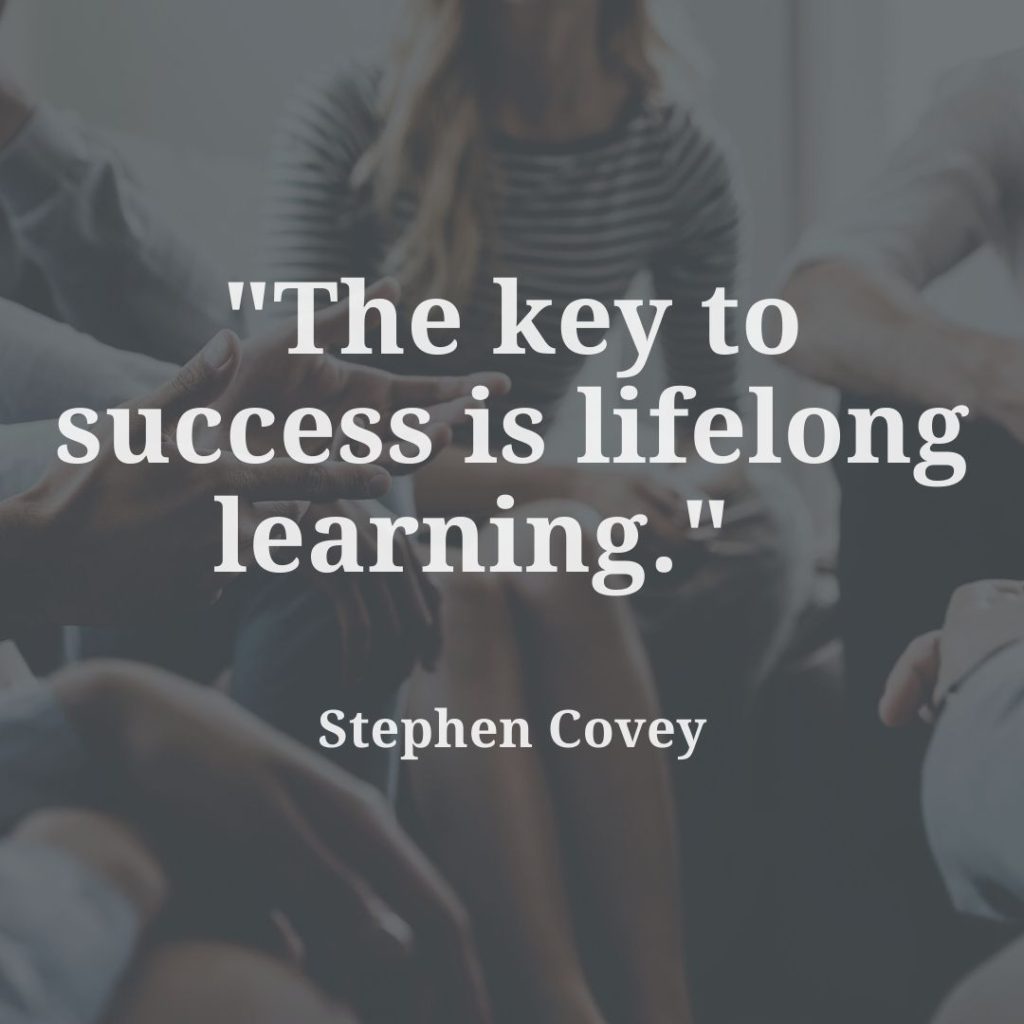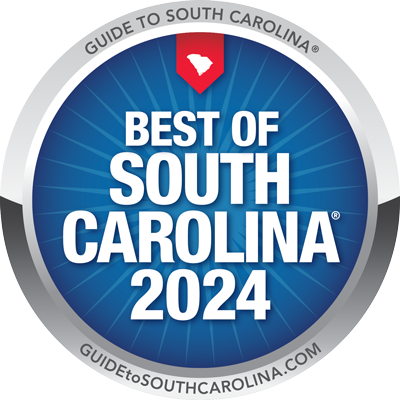KSG’s Sarah Byrd recently returned to her Alma-mater, Clemson University, to speak at a conference on building a sustainable career and navigating the job market in 2020. In attendance were recent college grads and tenured executives, and we wanted to share some pointers that are relevant to everyone in all stages of their career.
What do you want to be when you grow up?
We’ve all been asked “What do you want to be when you grow up” at some point, and most of us have been asked multiple times, by parents, teachers, counselors, etc. But very few of us have had the exact same answer every time we’ve been asked. Most likely, your answer has evolved over time, based on a variety of factors including your age, interests, experiences, and personal preferences.
There is a lot of pressure on young people to pick a college major and a career field that they want to pursue for the rest of their life. And most students think they are going to jump right out of college graduation into the perfect, high-paying job. I know I did! But almost a decade out of college, I’m still trying to figure out what I want to be when I grow up. The good news is that you’re not locked into one field or career path, and it’s okay to change directions at any point.

The main goal coming out of college should be learning how to learn, and acquiring the basic skills to start building your professional career. From there, it’s about gaining additional professional experiences and building on each one, challenging yourself to grow personally and professionally. New experiences help us to acquire new skills, figure out what we like and what we’re good at, and to figure out what we don’t like, which is equally important.
Building a sustainable career:
Building a sustainable career is not about finding that one perfect job. It’s about a culmination of experiences and knowledge, combined with goals and aspirations to move you towards something that is fulfilling for you, and that will look different for everyone. Some of us might be motivated by money and titles, others by work/life balance, and others are lucky enough to find their true passion and they don’t even consider their job a job! But that is the exception, so figure out what strikes the right balance for you.
Strengths Finder promotes focusing on your strengths rather than constantly working to improve your weaknesses. And that’s okay to some extent, but it could also prevent you from trying new things.
Learning Leadership points out this potential pit-fall and suggests that while doubling down on your strengths is great, trying new things and challenging ourselves is where the real growth happens, so as you’re working through your career, you should be trying new things if you want to grow personally and professionally.
Practical Application:
Let’s say your dream job is to be a VP of Sales at an innovative medical technology company. The only problem is you’re 21, fresh out of college, and your only experience is through internships. Not to worry!
Most likely, you’re not going to jump straight into sales management, or even medical sales, but you have to start somewhere. Find an entry-level B2B sales job with a reputable company and learn how to sell. Put in a few successful years and you’ll be a top pick for an entry-level medical sales job. Once you’ve made the jump into medical sales, you can build on your sales skill set, acquiring new experiences selling a variety of products and calling on a variety of customers/call-points. From there, look for opportunities to transition into leadership and work your way up through hard work and performance.
Be sure to take advantage of new opportunities that come your way, both internally within your organization, and externally at other companies, so as not to become stagnant. That being said, be sure to maintain job stability. Most hiring managers shy away from hiring candidates who have changed companies every 1-3 years, due to the enormous cost of onboarding a new employee to then lose him/her soon after and have to backfill the position.
Keep in mind that there’s not always one path to a desired end result. Our team has worked with many VP of Sales who came from a clinical background, gaining medical experience first and then acquiring field-based sales experience, then later transitioning into leadership roles. No matter how you get there, it boils down to a combination of skills and experiences applied towards goals and aspirations, fueled by desire and determination.




